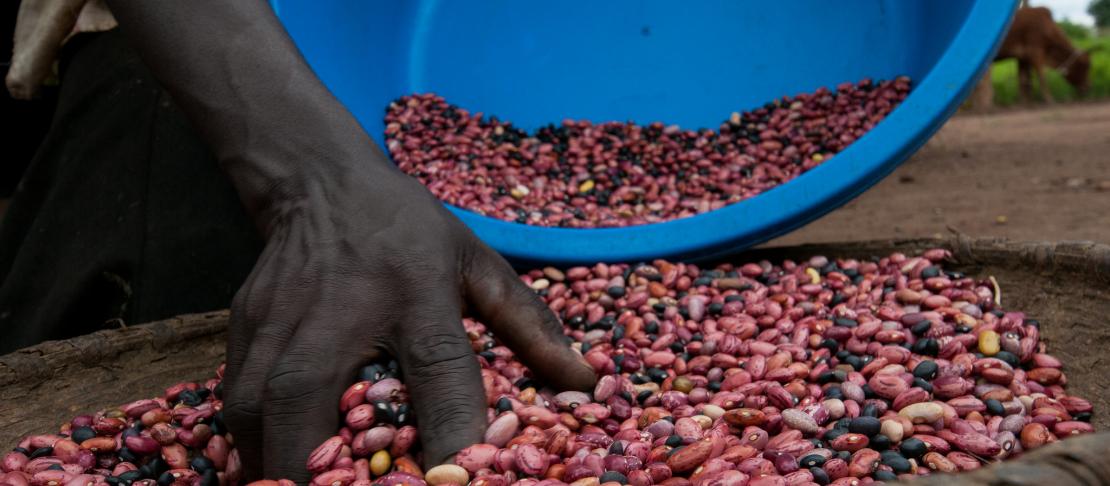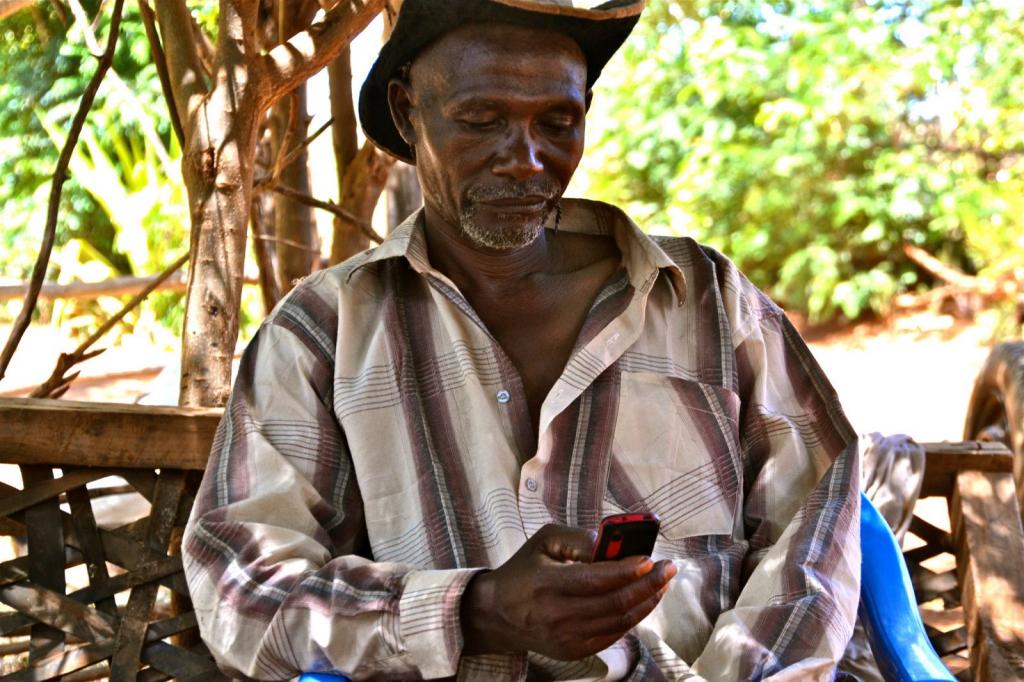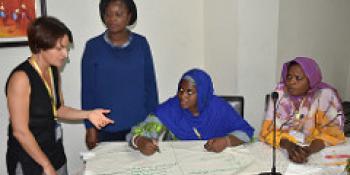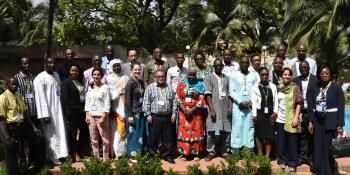Artificial meat and simulation games for a sustainable global food system?

Philip Thornton’s oral evidence to the UK Parliament’s Environmental Audit Committee.
The Environmental Audit Committee launched an inquiry into planetary health to examine the opportunities to improve the health and sustainability of the food system as well as ways to encourage sustainable eating. The Committee organized their second meeting on the topic on 29 January where they invited me as one of the witnesses to give oral evidence on the topic. Read below a summary of my arguments made to the Committee.
Seeing the hidden effects of climate change
Many people believe that we’re underestimating some of the effects of climate change on food systems
When people think of climate change, they tend to focus on the long-term changes in mean temperature, rainfall amounts, and their impact on growing seasons. But we already experience the effects of climate change, such as extreme heat events and increasing floods and drought. These near-future events are not very well captured yet in our models of what’s likely to happen. This is why many people believe that we’re underestimating some of the effects of climate change on food systems in the coming years.
Our projections for the 2060s or 2070s show that plus 4 degrees of temperature shift is possible if we carry on with the current greenhouse gas emission trajectories. Even without the climate variability effects, this means rain-fed agriculture south of the Zambesi (central Zambia) will essentially disappear. We need to focus on how we can help smallholders and commercial farmers adapt to these kinds of circumstances.
From a global perspective, by some estimates, we will need 70% more food by mid-century than what we produce now in order to be able to feed the planet. Many countries in Sub-Saharan Africa and South Asia will be hard-pushed to increase the needed amount of food production in a sustainable manner.
Philip Thornton at @UKParliament @CommonsEAC: We're starting to see the hidden effects of climate change. We usually think of long term effects but we see increasing floods, droughts - these are not very well captured yet. Tune in to livestream: https://t.co/9gOYQ0VycZ pic.twitter.com/7NaVVoHr69
— CCAFS (@CGIARclimate) January 29, 2019
Raising awareness of the realities of climate change
In Sub-Saharan Africa and South Asia, smallholders and even people who don’t farm are very much aware of climate change. They are more connected to the land than most of us in higher-income countries.
We need to find ways to make farming economically attractive, to encourage people to stay on the land, stay connected and produce food sustainably
A lot more work could be done to raise awareness on the realities of climate change and to take seriously the depopulation in rural areas. We need to find ways to make farming economically attractive all around the world, to encourage people to stay on the land, stay connected and produce food in a sustainable manner. For example, we could engage youth via social media, and various communications channels, with simulation games for mobile phones. This way we could get the ideas across to young people who haven’t been exposed to agriculture.
There are real opportunities in this approach, and not only in higher income countries; for example, in Kenya, mobile phone penetration is about 95% now. There are big projects using mobile technology, for example providing climate information services to help farmers adapt to climate change. When you have that kind of infrastructure, it would be very interesting to set up games that would try to help to engage the youth in the whole agriculture and food system.

Adapting the crop and livestock systems
Another area we could make a difference in is to encourage particular crop production in particular areas based on our models and tools that predict how crop suitability may be changing. However, this would open up political issues about food sovereignty which would make these changes quite difficult.
We can’t ignore that there are around 400 million people who are almost totally dependent on livestock
When it comes to livestock production, we can’t ignore that there are around 400 million livestock keepers who are almost totally dependent on livestock as one of their few or only assets. Yet, there are alternative protein sources for feed as well as for human food. There is a lack of evidence around how effective some of these things are and what impacts they have on the environment, their greenhouse gas emission potential or how they use natural resources.
There is a whole raft of technologies that are in different stages of development. These can have a big effect on the food system in general, not only in production but also in marketing, processing and storage. This is extremely important in the global South and research on these areas is conducted rarely. There is a real lack of evidence on how sometimes quite simple things can make a big difference.
Also, for example, on the issue of artificial meat, an important aspect of it is how society looks at it: What does society agree is reasonable in terms of how our food system may evolve? Is this idea of artificial meat something that is socially acceptable if it is from stem cells, for example? Can society agree that this is a way that we can move forward?
I think there is an opportunity to start looking at how the global food systems might adapt themselves. Can the global food system adapt so that it is better aligned with likely future climate? Can we make these massive gains in production and productivity which we will need to feed the planet? This is what we need to focus on to ensure that we continue to feed the planet in the future.
Read more:
- Transcript from the session on the UK Parliament's website
- Watch the recording of the session on Parliamentlive.tv
Philip Thornton is the CCAFS Flagship Leader on Priorities and Policies for CSA.



